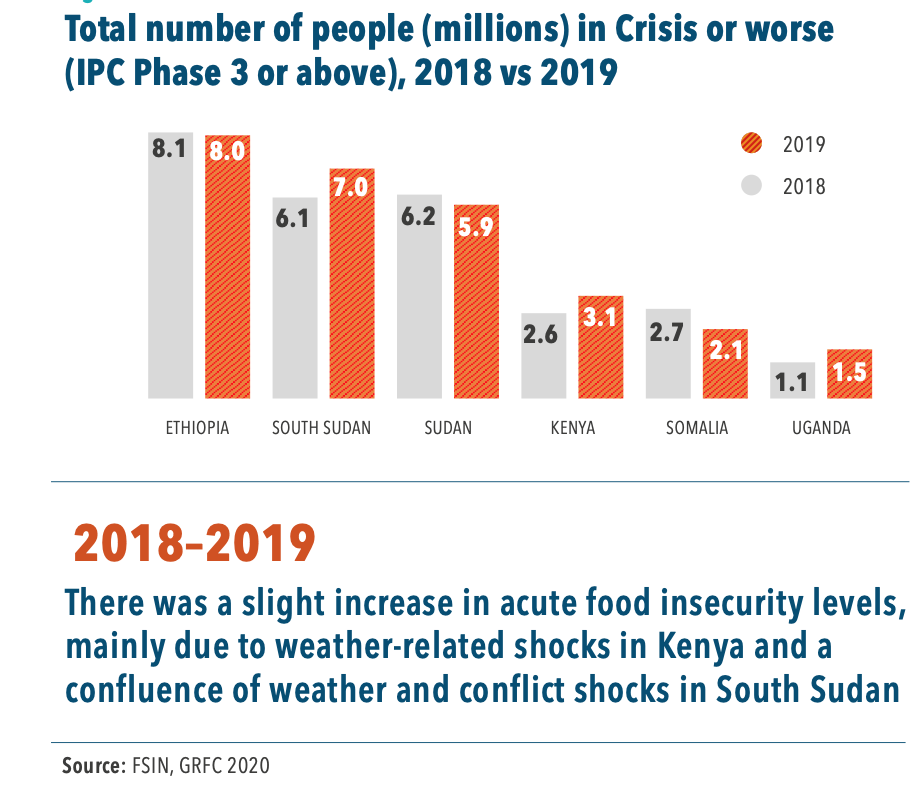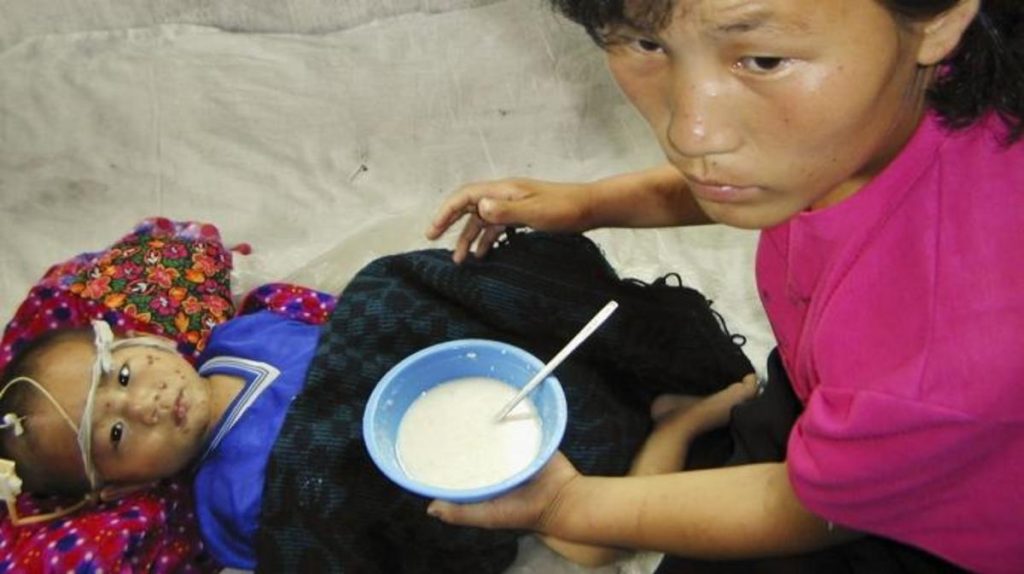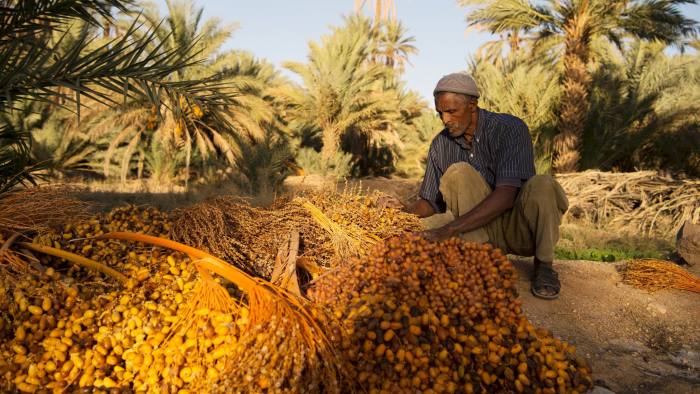The lives of over 50 million people in Africa are at risk. Hunger and the overall situation in the world caused by the crisis hampering to deal swiftly with an imminent challenge are the reasons.
Famine threatens the world if the food security measures are not taken amid coronavirus pandemic, David Beasley, the Executive Director of the United Nations World Food Program (WFP) said at a virtual meeting of the Security Council on April 21. “There is no famine yet, but we should ensure access to food right now, provide against disruption of financing and trade. Otherwise, “a truly biblical famine” is likely to come in a few months, he said.
Africa will be the continent the most affected by food shortage. According to FAO, 34 African states have faced this problem. Their number is quite likely to grow.
The Central African Republic, Kenya, Somalia and Zimbabwe have got the biggest hurdle. And if the onerous armed conflict threatening the life of millions is the root cause in the CAR and Somalia, the situation is different in Kenya and throughout East Africa.

Unusual weather activity for this region with moisture caused systemic problems in the north and east of the country and, as a result, food shortage. Climate change affects pest propagation. As far back as June 2019, huge swarms of locusts destroyed crops in Kenya, Uganda, South Sudan, Ethiopia, Somalia, Eritrea, Djibouti, and Sudan. Now the same region is undergoing a new pest outbreak and has laid the groundwork for famine.
Billions of insects have already caused damage in the region this spring, including Ethiopia, Somalia, Kenya, Djibouti, Eritrea, Tanzania, Sudan, South Sudan and Uganda. Locusts destroyed 200 thousand ha of subsistence crops in Ethiopia alone. Another surge in locust spread is expected in June-July. Pest control is worsened by restrictions over the lockdown, i.e. travel restrictions and delays in pesticides delivery, as well as the inability of the regional countries to be self-sufficient in producing them on their own.

Food supplies in other countries of the continent are coming to the worst:
– Zimbabwe, where crop failure was observed last year, and the things keep coming to the worst this year, according to the forecasts.
– Burundi, where rainstorms and floods worsened the already bad situation.
– DR Congo, where the Ebola outbreak overlapped with food shortage in certain regions.
– Chad, Niger, Cameroon, Congo and Burkina Faso, with significant number of refugees.
Food access problems are also reported in Mozambique, Nigeria, Guinea, Lesotho, Libya, Liberia, Mali, Malawi, Mauritania, Namibia, Senegal, Sierra Leone, Zambia.

The developed nations and international organizations are likely to reduce support for the region dramatically amid the pandemic and global economic crisis. Only China might be an exception, trying to gain a foothold in Africa, sub-Sahara using the plight of the local population. However such efforts, even pro domo sua, will not be enough. The world requires a new strategy to address the global problem of the African continent, likely to become very, very pressing this year.

Read also: Food Scarcity in Asia: Country Risks in 2020




